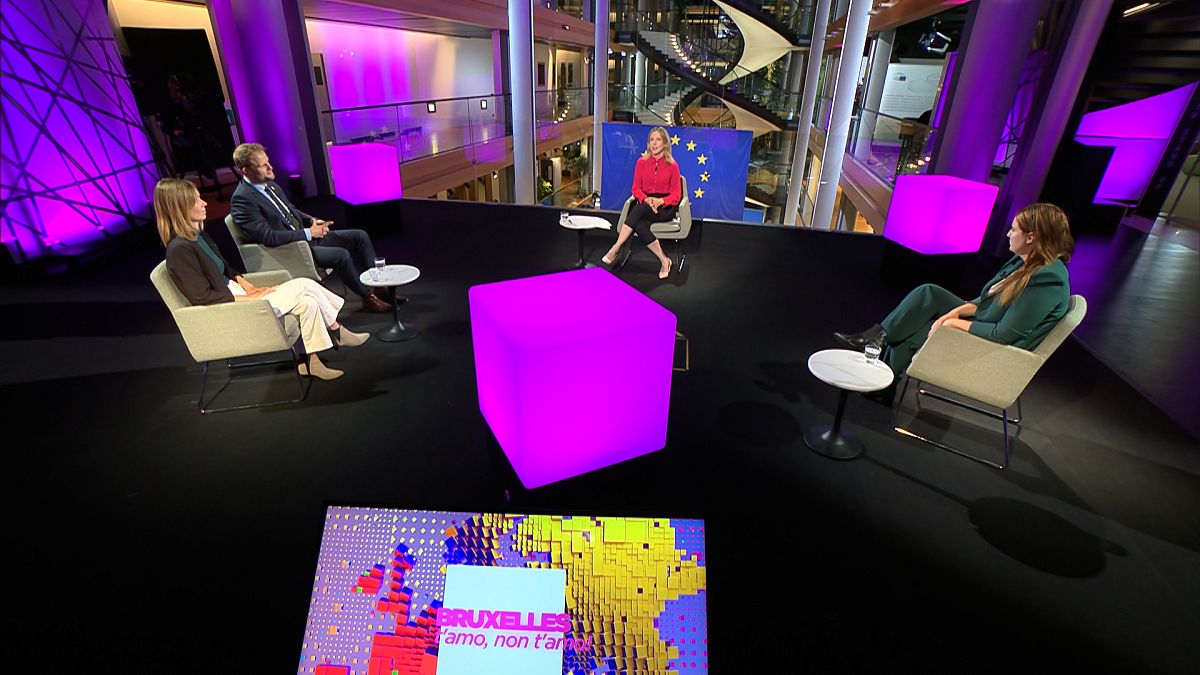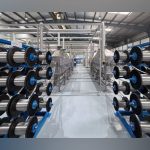The European Union’s decision to delay the implementation of the EU Deforestation Regulation, a crucial part of the bloc’s Green Deal, has sparked controversy among policymakers. The regulation, initially set to take effect in December, would require traders doing business in the EU to prove that products such as coffee and furniture are not sourced from deforested land. While some, like German Green Anna Cavazzini, have called the postponement a tragedy, others, like Swedish MEP Emma Wiesner, believe that the regulations were too stringent in the first place. This delay has raised concerns about the global crisis of deforestation and the need for stricter environmental protections.
In addition to the delay in the deforestation law, the panel of MEPs also discussed Hungarian Prime Minister Viktor Orbán’s recent speech in Strasbourg. As the rotating head of the EU Council, Orbán was invited to present his vision for the EU. During his speech, he made controversial comments about the US elections, stating that he would drink champagne if Donald Trump won. This remark was met with disdain from some lawmakers, with some even resorting to playing Candy Crush to express their displeasure. Orbán’s visit to Strasbourg was described as confrontational, with some labeling him as a dictator.
The reaction to Orbán’s speech highlights the deep divisions within the EU between different political factions. Sander Smit, a Dutch MEP from the Farmer-Citizen Movement in the European People’s Party, expressed disappointment at the behavior of some MEPs during Orbán’s speech. He criticized the disruptions caused by the radical left and right factions, noting that it was not a good day for the reputation of EU institutions. The incident underscores the challenges of maintaining unity and civility within the EU, especially when faced with contentious issues such as environmental regulations and political rhetoric.
As discussions continue within the EU about the implementation of environmental policies and the future direction of the bloc, it is crucial for policymakers to find a balance between protecting the environment and ensuring economic prosperity. While some may argue for stricter regulations to combat deforestation and other environmental threats, others may caution against overly burdensome measures that could harm businesses and economies. Finding common ground on these issues will require dialogue, compromise, and a willingness to listen to different perspectives.
In conclusion, the delay in the EU Deforestation Regulation and the controversy surrounding Viktor Orbán’s speech in Strasbourg underscore the complex challenges facing the EU. Balancing environmental concerns with economic interests, addressing political divisions, and upholding the reputation of EU institutions are critical tasks that policymakers must navigate. As the EU continues to grapple with these issues, it is essential for stakeholders to engage in constructive dialogue and work towards sustainable solutions that benefit both the environment and society as a whole. Only through collaboration and cooperation can the EU overcome these challenges and move towards a more prosperous and sustainable future.










